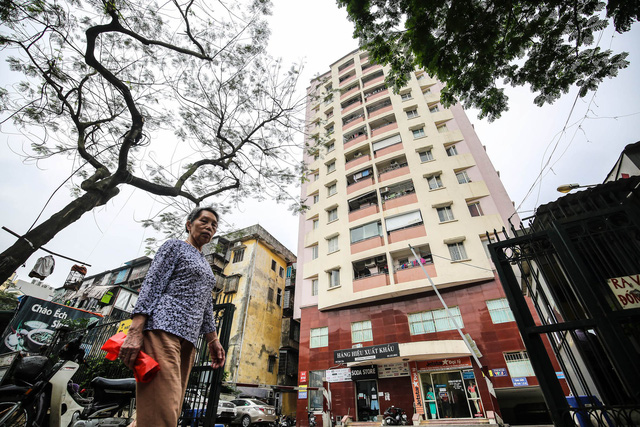A proposed law on asset tax, which seeks to tax individuals in Vietnam on houses, land or vehicles they own, will not be on the agenda of the lawmaking National Assembly any sooner than 2020, the legislature’s general secretary Nguyen Hanh Phuc said on Tuesday.
Phuc told Tuoi Tre (Youth) newspaper that the National Assembly has already had a full agenda to debate and will work to ratify other pieces of legislation from now until the end of 2019.
The recent proposal by the finance ministry to introduce the property tax will therefore not be officially considered by the legislative body in 2018 or 2019, Phuc underlined.
The proposed legislation seeks to slap a tax of up to 0.4 percent a year on houses with construction value of more than VND700 million (US$30,800) and cars valued from VND1.5 billion ($66,000).
A 0.3-percent tax is also proposed on inhabited land, while unoccupied land may face much higher tax rates to prevent real estate bubbles.
According to a member of the finance ministry’s law drafting committee, the tax plans as known to the public and media are still in an early stage of development, and they are not necessarily the official content of the future draft law on asset tax.
The Ministry of Finance still welcomes all feedback from experts, the public and media to compile a law that serves the best interests of the people, the official said.
Any tax options that face overwhelming opposition from the public will be considered for removal from the final draft, he added.
If implemented, the property tax law is estimated to add up to VND31 trillion ($1.36 billion) to Vietnam’s annual state budget, given the real estate statistics in 2015.
The additional revenue is expected to help Vietnam balance its budget as it is set to remove import tariffs on droves of goods from other countries following different free trade agreements of which it is a signatory.
Like us on Facebook or follow us on Twitter to get the latest news about Vietnam!






















































